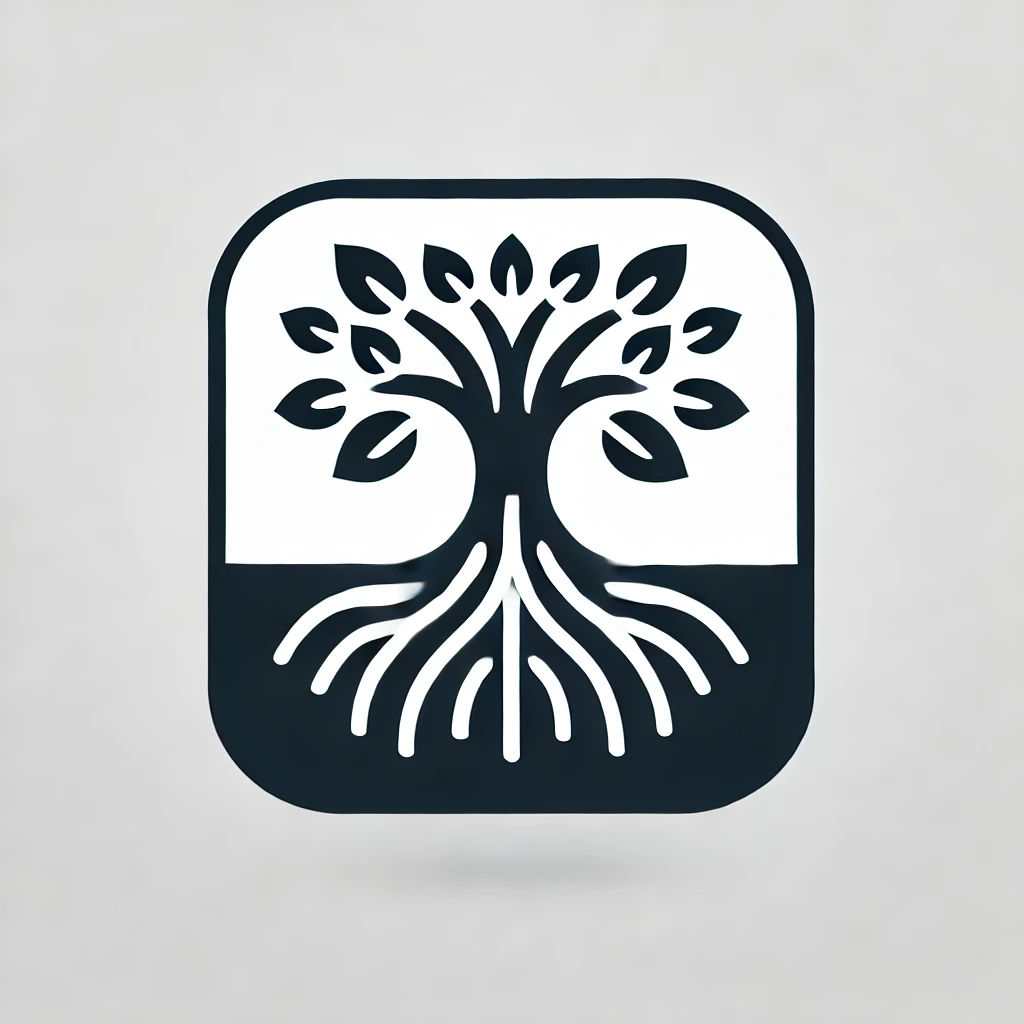We’ve all heard that calcium is essential for strong bones—and that’s absolutely true. But when it comes to bone health after 50, calcium is just one piece of the puzzle. If you’re already taking calcium or getting enough through your diet, you might be surprised to learn that other nutrients play an equally important role in keeping your bones strong, flexible, and fracture-resistant as you age.
In fact, without the right balance of supporting nutrients, calcium may not be absorbed properly—or may not reach your bones at all. Let’s explore the lesser-known vitamins and minerals that deserve just as much attention in your bone-health plan.
🦴 Why Bone Health Matters More As We Age
After the age of 50, bone density starts to naturally decline, especially for women during and after menopause due to hormonal changes. This can increase the risk of:
- Osteopenia and osteoporosis
- Fractures and slower healing
- Loss of mobility and independence
While calcium and vitamin D are commonly recommended, they work best when paired with a full team of bone-supporting nutrients.
🧪 The Unsung Heroes of Bone Health
Here are the key nutrients beyond calcium that play a critical role in keeping your bones strong and resilient:
🧬 1. Vitamin K2 – The Calcium Traffic Director
Vitamin K2 helps guide calcium into the bones and teeth where it’s needed—and keeps it out of soft tissues like arteries, where it could cause harm.
- Supports bone mineralization
- Works synergistically with vitamin D
- May reduce risk of fractures
💡 Sources: Natto (fermented soy), hard cheeses, egg yolks, liver, and some supplements labeled specifically as vitamin K2 (MK-7 or MK-4).
💪 2. Magnesium – The Bone Building Block
Around 60% of the body’s magnesium is stored in bones. It plays a vital role in converting vitamin D into its active form and in regulating calcium balance.
- Improves bone density
- Reduces inflammation
- Supports muscle and nerve function
💡 Sources: Leafy greens, nuts (especially almonds and cashews), seeds, avocados, bananas, and dark chocolate.
☀️ 3. Vitamin D – The Calcium Absorption Booster
While it’s more well-known, many people over 50 are still deficient in vitamin D, especially in the colder months or if they spend little time outdoors.
- Aids calcium absorption in the gut
- Supports bone remodeling
- Helps regulate immune function
💡 Sources: Sunlight, fatty fish (salmon, sardines), egg yolks, fortified foods, and supplements (D3 is often recommended for better absorption).
🦠 4. Boron – The Bone Protector
Boron is a trace mineral that helps the body retain and use calcium, magnesium, and vitamin D more effectively. It also supports estrogen balance, which is important for postmenopausal bone health.
💡 Sources: Prunes, raisins, almonds, broccoli, and apples.
🦐 5. Zinc – The Repairman
Zinc supports bone tissue growth and repair, and plays a role in collagen synthesis, which keeps bones flexible and less prone to breakage.
💡 Sources: Shellfish, pumpkin seeds, beef, chickpeas, and lentils.
🧫 6. Omega-3 Fatty Acids – The Inflammation Fighter
Chronic inflammation can contribute to bone loss. Omega-3s help reduce inflammation and may support bone density, especially in older adults.
💡 Sources: Fatty fish (salmon, mackerel), flaxseeds, walnuts, chia seeds, and fish oil supplements.
🍽️ How to Include These Nutrients in Your Diet
Creating a bone-friendly meal plan doesn’t have to be complicated. Here’s an example of what a day might look like:
- Breakfast: Greek yogurt with chia seeds, walnuts, and berries (calcium, magnesium, omega-3s)
- Lunch: Lentil and spinach salad with pumpkin seeds and olive oil dressing (magnesium, zinc, vitamin K)
- Snack: A boiled egg and a few prunes (vitamin D, boron)
- Dinner: Grilled salmon with steamed broccoli and sweet potato (omega-3s, vitamin D, magnesium)
🧠 A Quick Note on Supplements
While it’s always best to get nutrients from food, supplements can help fill in gaps, especially for vitamin D, magnesium, and K2. Always speak with your healthcare provider before starting any new supplement—especially if you’re taking medications for blood pressure, heart conditions, or clotting disorders (vitamin K can interfere with some medications).
🧓 Final Thoughts: Strong Bones Need a Balanced Approach
Calcium is essential—but it doesn’t work alone. Think of your bones as a team effort: without enough magnesium, K2, vitamin D, and other key players, even the best calcium intake might not be enough.
By including a wider range of bone-friendly nutrients in your meals, staying active, and getting regular checkups, you can protect your bones, avoid fractures, and stay independent longer.
Keep in mind that it is always about balance: make sure to talk to your doctor before adjusting your diet or take any supplements.
Do you already include any of these lesser-known bone nutrients in your routine? Let me know in the comments—I’d love to hear what’s working for you. 🦴🥦💬
Photo by Yan Krukau: https://www.pexels.com/photo/shallow-focus-photo-of-woman-in-white-shirt-doing-yoga-8436615/


